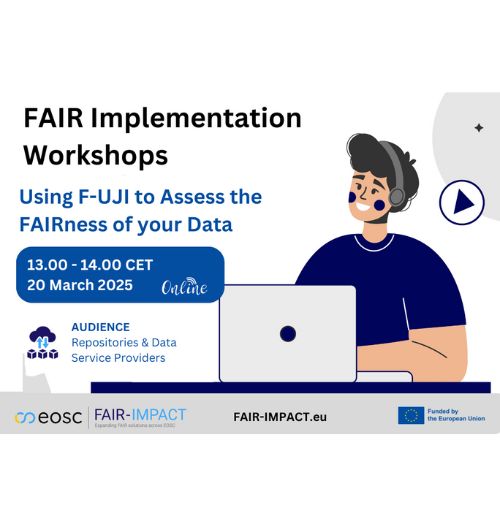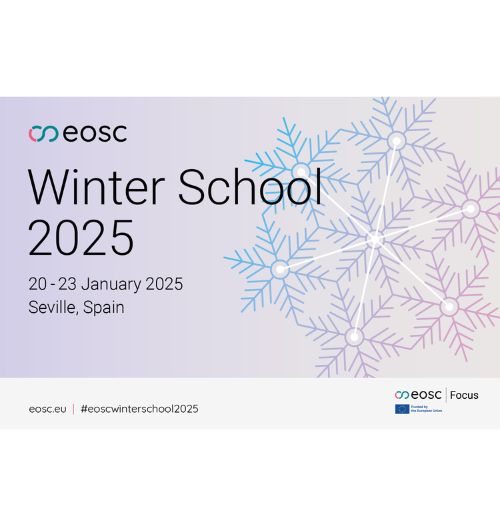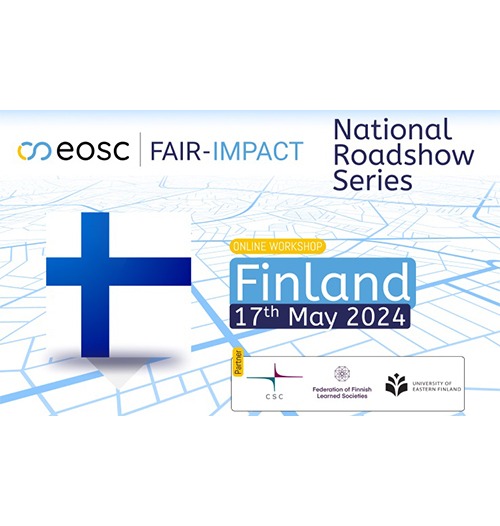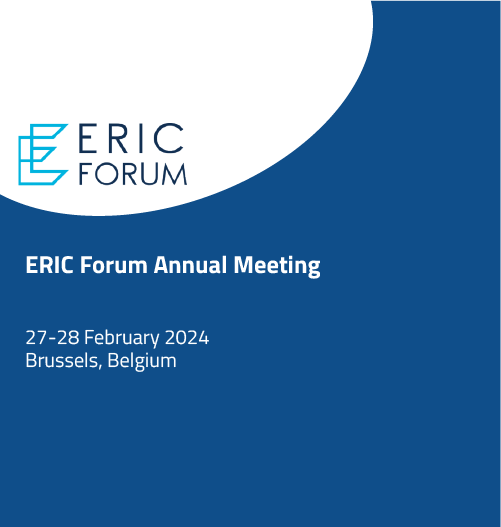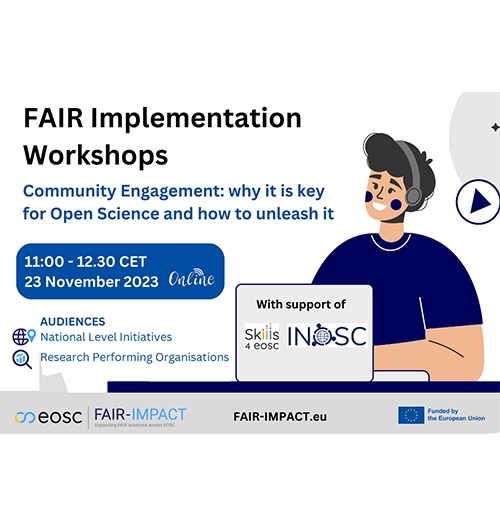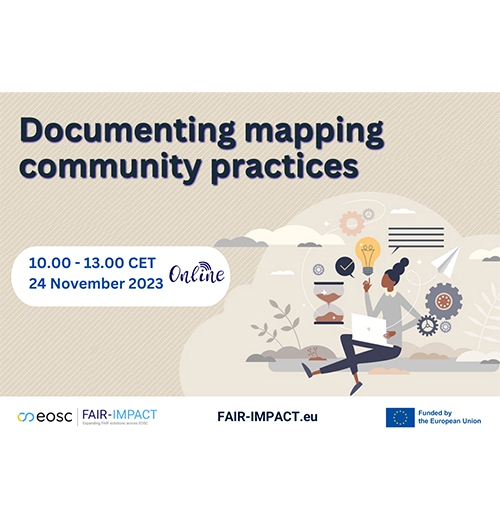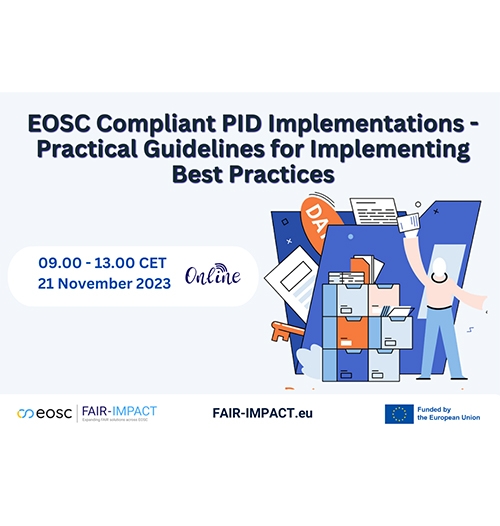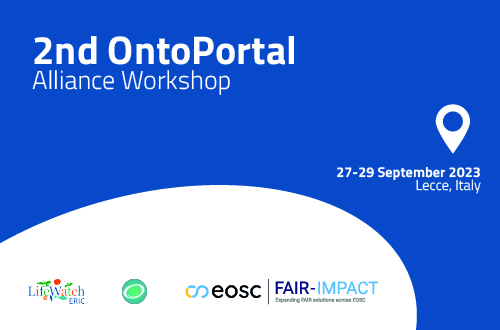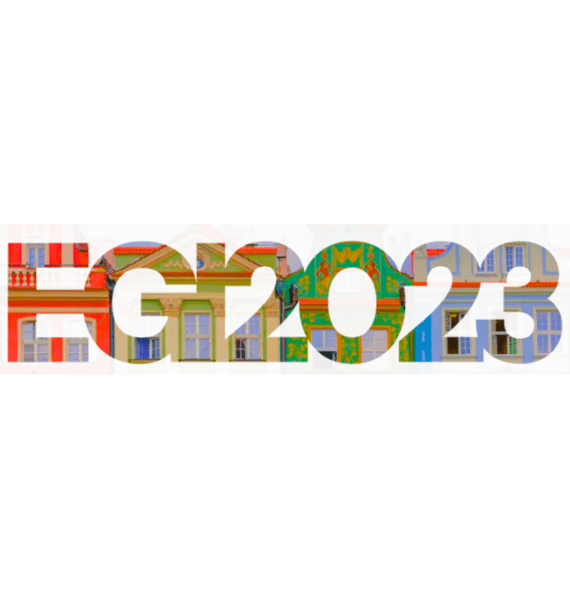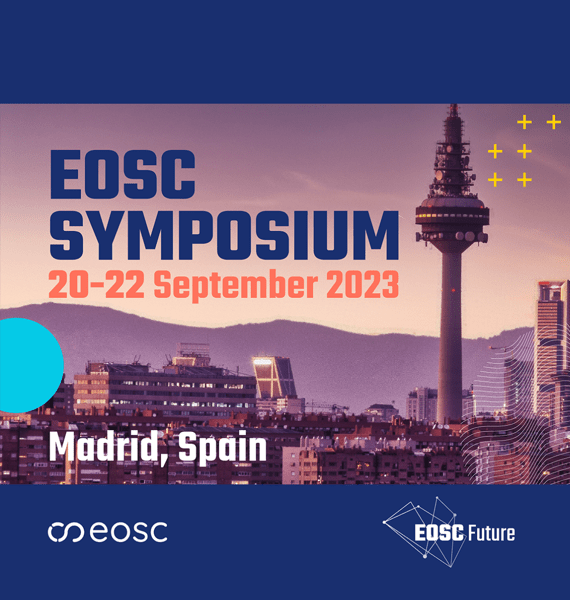The FAIR-IMPACT Project supports the ambitious goal to realise an EOSC of FAIR data and services, by promoting the implementation of FAIR-enabling practices, tools and services in Europe and beyond. In order to expand Findable, Accessible, Interoperable and Reusable solutions across EOSC, the project is identifying proven domain solutions and facilitating their interoperable uptake across scientific domains.
By doing so, it will contribute to transforming the way researchers share and exploit research outputs within and across research disciplines, and to the facilitation of scientific multi-disciplinary cooperation, improving public trust and reproducibility in science.
Within this framework, the project organises a series of public workshops, the FAIR Implementation Series, and on 20 March is happening the next one, called “Using F-UJI to Assess the FAIRness of your Data“.
The workshop will introduce the automated FAIR data assessment tool (F-UJI) and showcase experiences of performed assessments and demos on how to use the tool.
For registration and detailed agenda, please visit:
https://fair-impact.eu/events/fair-impact-events/using-f-uji-assess-fairness-your-data
